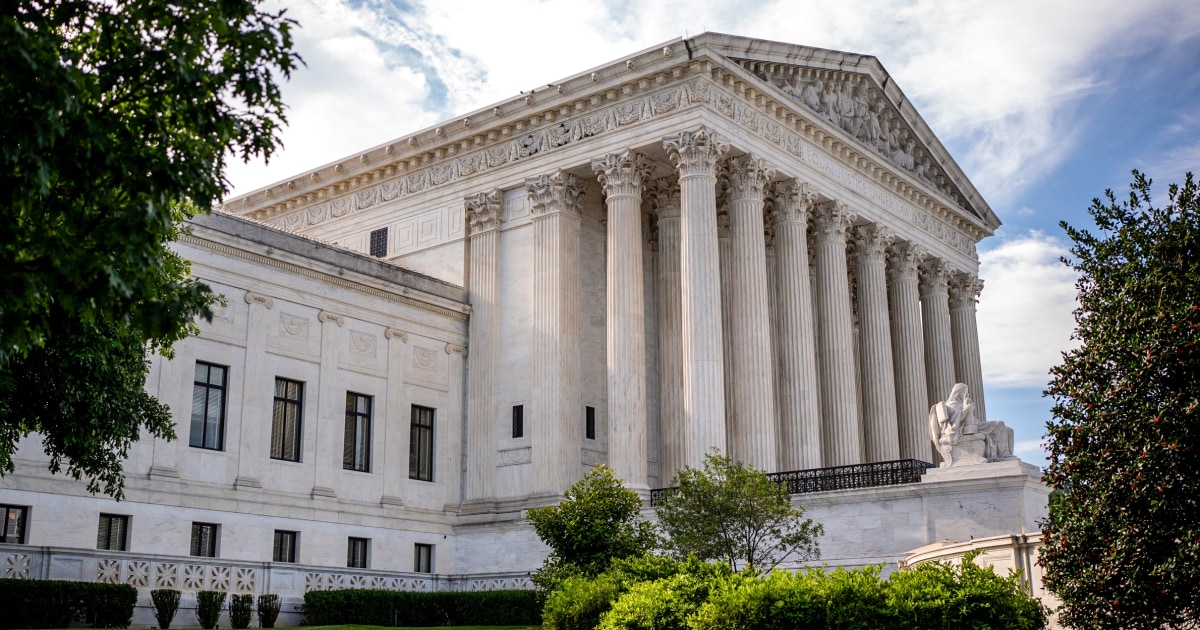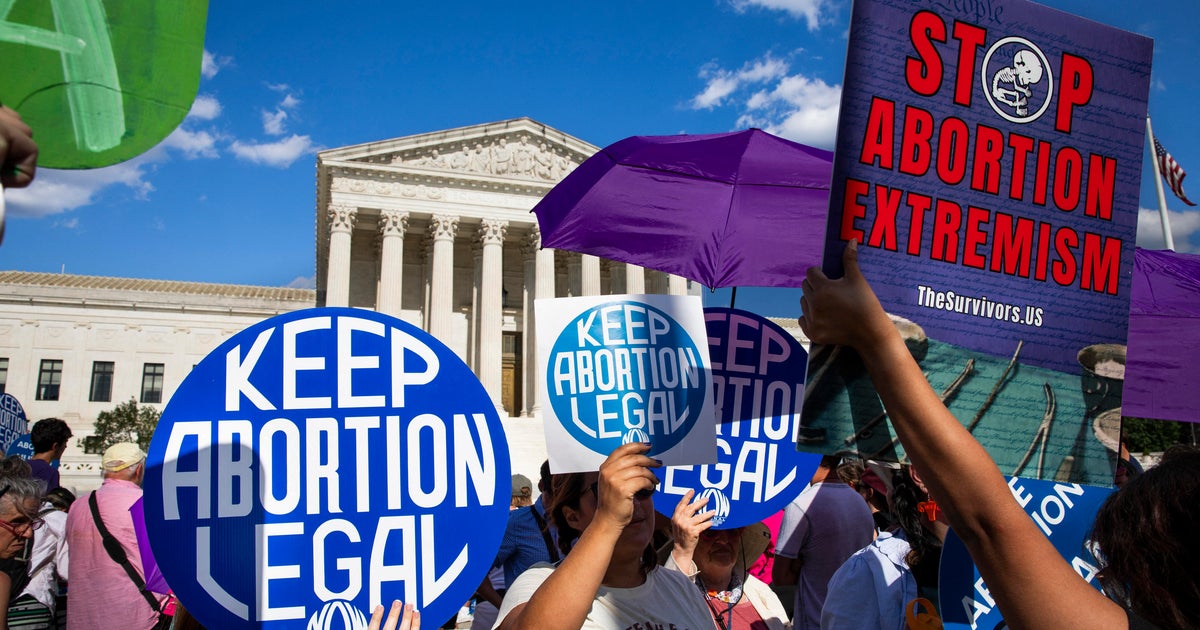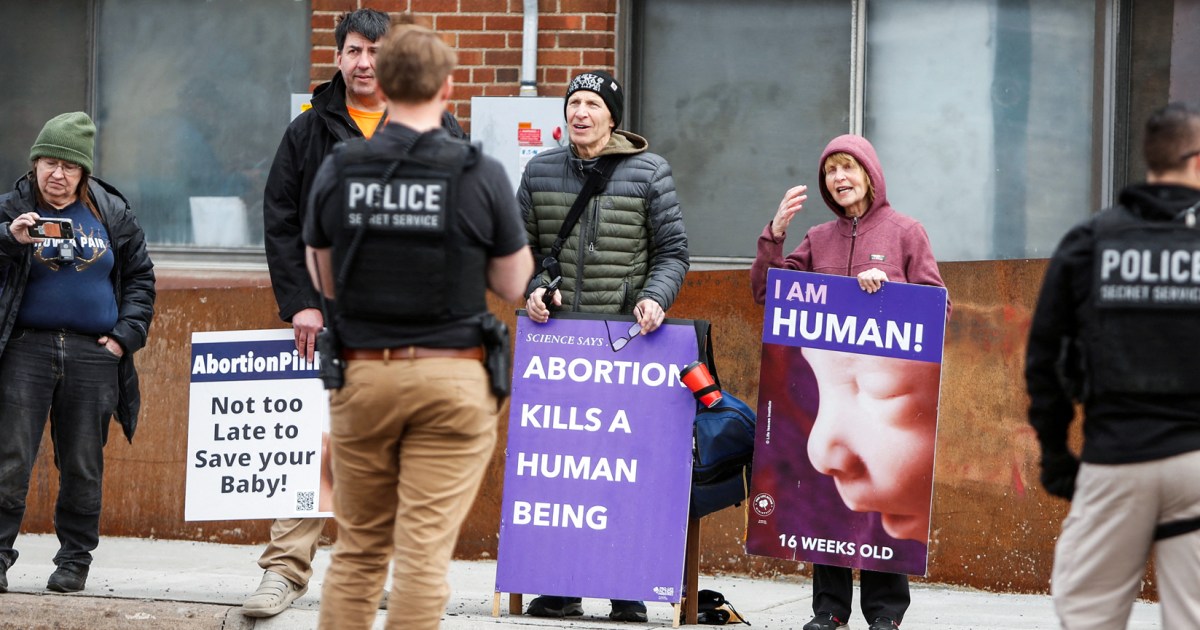Supreme Court Upholds Anti-Abortion Buffer Zones, Sparks Dissent Among Justices
The Supreme Court declined to hear cases challenging buffer zones for anti-abortion protests, signaling a reassertion of regulations governing clinic access.
Overview
The Supreme Court has declined to hear challenges to anti-abortion demonstration laws in Carbondale, IL, and Englewood, NJ, which restrict protest activities near clinics. This decision maintains the precedent from Hill v. Colorado, allowing buffer zones that aim to protect clinic patrons from harassment. Conservative justices Alito and Thomas dissented, arguing that the Hill ruling should be reexamined following the 2022 reversal of Roe v. Wade. The Carbondale ordinance was enacted to address increased protests after Roe was overturned, while the Englewood law, established in 2014, continues to be upheld by lower courts despite First Amendment challenges.
Report issue

Read both sides in 5 minutes each day
Analysis
Analysis unavailable for this viewpoint.
Articles (6)
Center (4)
FAQ
The Supreme Court did not provide explicit reasoning for declining the cases, but the decision maintains the precedent set by Hill v. Colorado, which allows buffer zones to protect clinic patrons from harassment.
Justices Alito and Thomas dissented because they believe the Hill v. Colorado precedent should be reexamined, especially after the reversal of Roe v. Wade.
The Carbondale ordinance was enacted to address increased protests after the overturning of Roe v. Wade, as the city became a destination for patients from nearby states with abortion bans.
History
- 8M

 5 articles
5 articles




